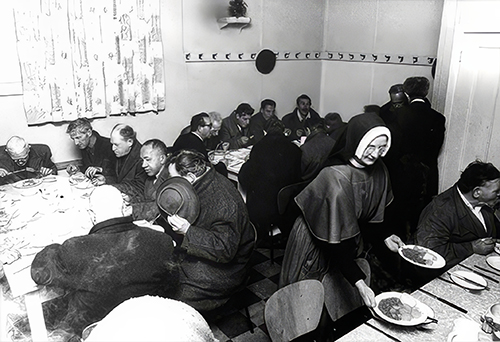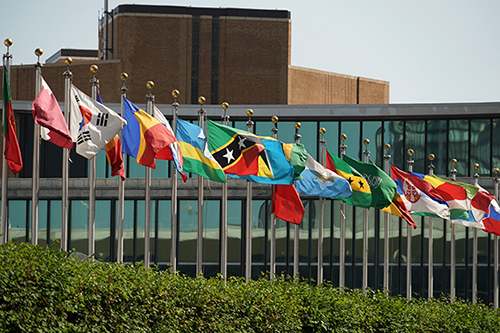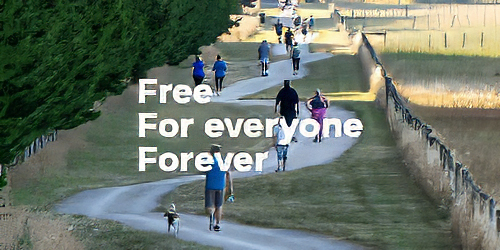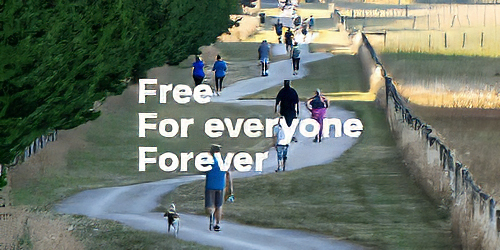
Our Second Reading today is an extract from the letter of St. Paul to a gentleman named Philemon.
The letter takes up no more than a page in the Bible I use.
Philemon was a first-century Christian and a slave owner who also hosted a church in his home, most likely in Colossae.
His name means “affectionate” in Greek, and, from all we know about Philemon, he lived up to his name.
Paul had led Philemon to faith on one of his visits to Asia Minor and had stayed in Philemon’s home when in that region.
The book of Philemon is a personal letter from the apostle Paul to his friend Philemon whom he calls a “dear friend and fellow worker” Paul appeals to his friend on behalf of a runaway slave named Onesimus.
Onesimus had somehow connected with Paul, who was imprisoned in Rome. Onesimus became a believer, but, because he was the property of Philemon, Paul sends him back to his owner with a letter.
The fact the Philemon owns a slave we know he is a person of means. The word we might use today is ‘affluent’. There is realisation that persons of means are not excluded from hearing God’s Word and believing.
The relationship between Paul and Philemon is clearly warm and respectful.
While Paul never criticizes Philemon for owning slaves, he gently reminds him that Onesimus is now a brother in Christ and that truth should now define the relationship.
It is quite probable that Philemon freed his returned slave, as he heeded Paul’s instruction that, under the covenant of grace, both master and slave have equal standing in the body of Christ.




